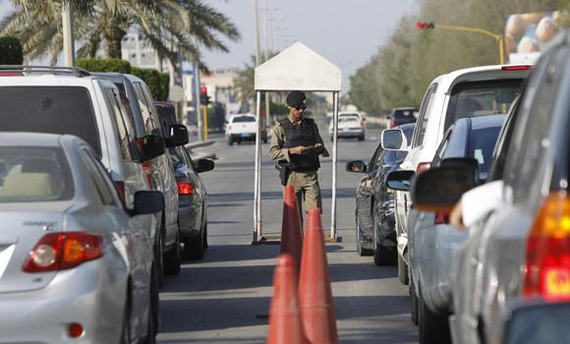
Riyadh, Jun 12: The traffic police and security forces will increase patrols on the Kingdom’s road network to prevent illegal expatriate workers from moving around after the grace period ends on July 3, according to a leading traffic official.
Maj. Gen. Khalid Nashat Al-Qahtani, commander of the highway patrol, said violators would not be allowed to move freely across the Kingdom. “Comprehensive security will be applied in areas where security forces are not present, with the help of village chiefs and administrative centers.”
Al-Qahtani said that the security forces are ready to help if needed. “The highway patrol has put in place plans and studies to cover vast areas of the Kingdom,” he said.
He said the highway patrols are on the Kingdom’s roads around the clock to ensure security and road safety prevails, and prevent residency and labor violators from moving from one city or village to another.
He said officers face various challenges in their operations. “Some violators are women, children and old people and have to be treated with special care and attention.”
He said the patrols are aimed at preserving the wealth and assets of the Kingdom and to help achieve the goals of the correction campaign. He said officers would be firm in applying the law.





Comments
Add new comment